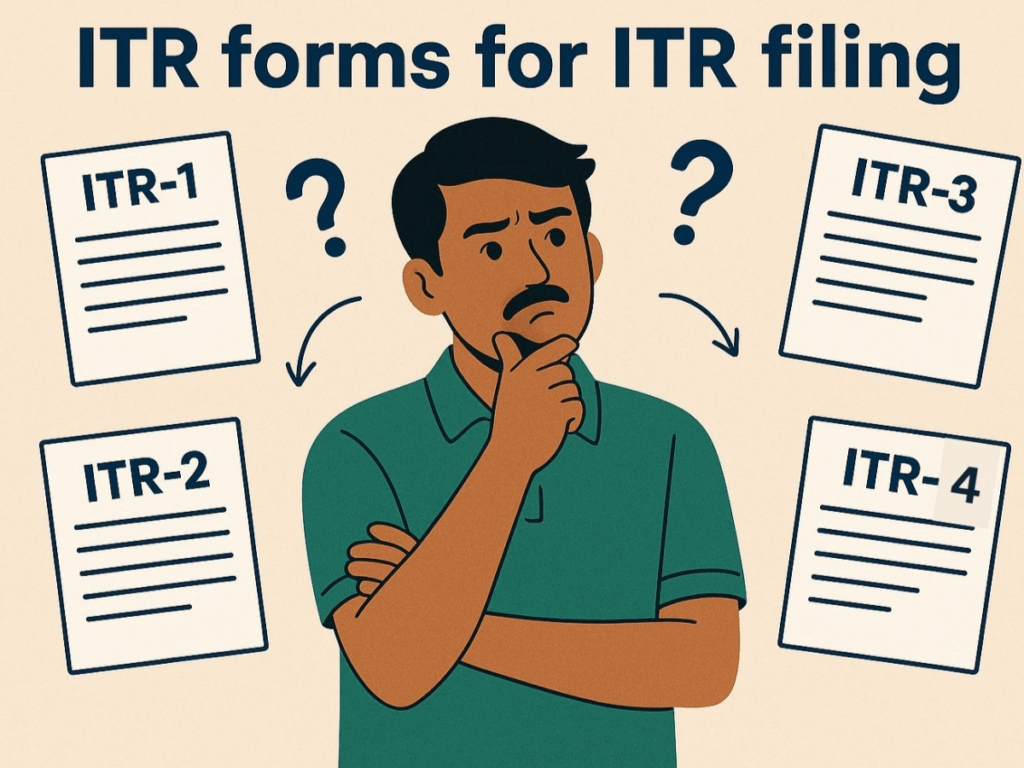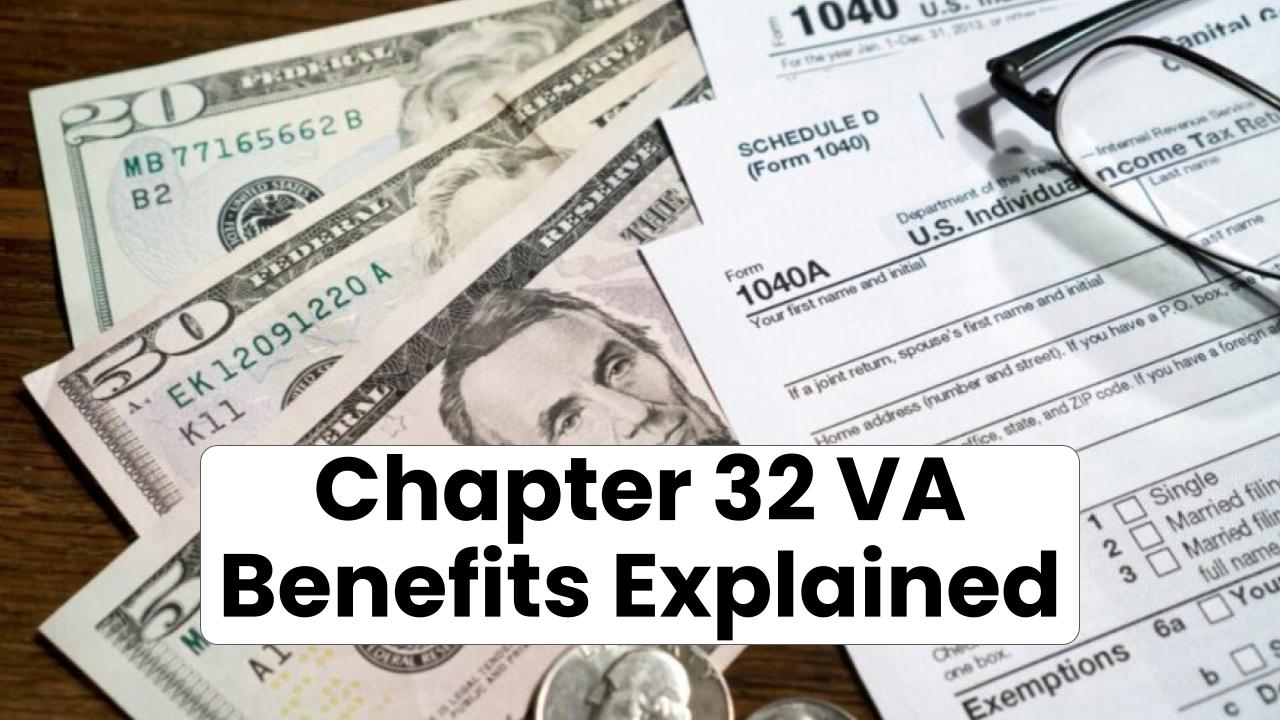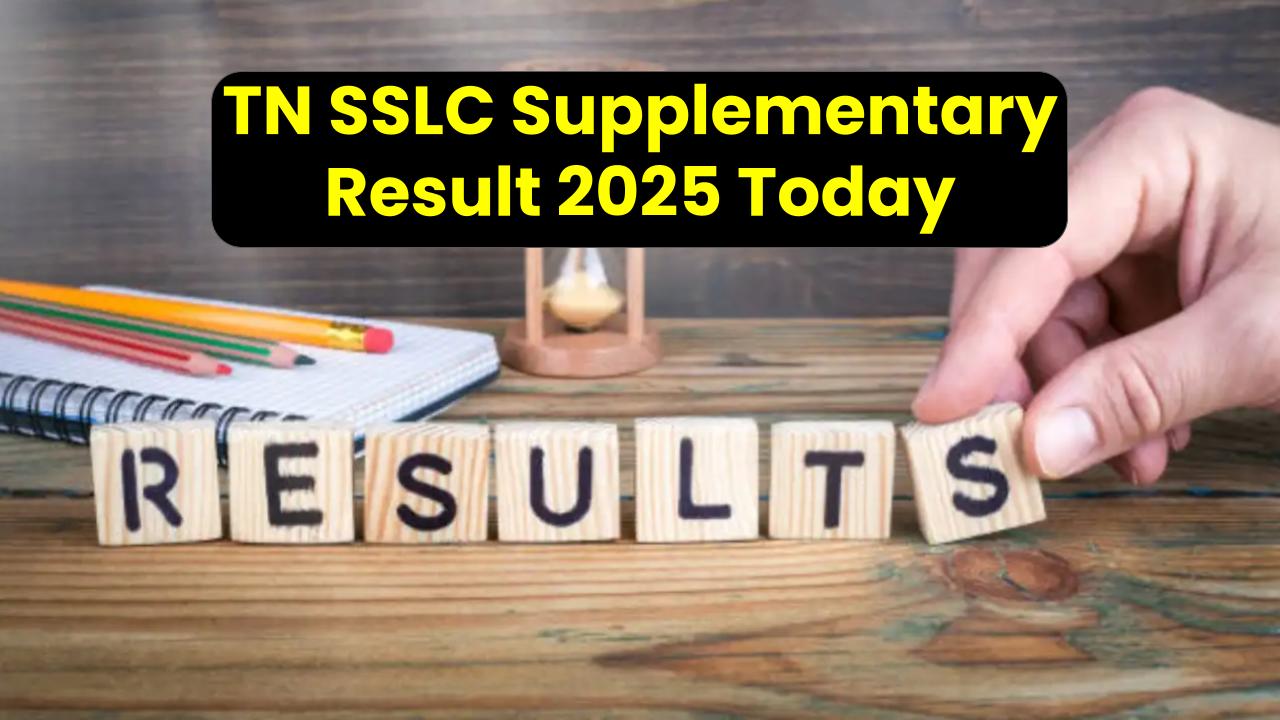If you’ve dabbled in crypto trading, NFTs, or digital tokens in India, 2025 is the year you absolutely can’t afford to mess up your taxes. The Indian government is cracking down on crypto income, and if you don’t report your Virtual Digital Asset (VDA) earnings correctly in your Income Tax Return (ITR), you’re staring down the barrel of some nasty penalties.

In this guide, we break down everything you need to know about Crypto Taxes in India 2025, including how to report them in ITR and how to avoid heavy penalties. Whether you’re a seasoned investor or a first-time trader, this article is for you.
Crypto Taxes in India 2025
| Topic | Details |
|---|---|
| Tax Rate | Flat 30% on crypto gains (no slab benefits) |
| TDS | 1% on transfers over ₹10,000 (Section 194S) |
| ITR Forms | ITR-2 (for capital gains), ITR-3 (for business income) |
| Reporting Format | Schedule VDA introduced in AY 2025-26 |
| Penalty for Non-Compliance | 50% to 200% of tax evaded + interest |
| Deadline | July 31, 2025 (for individuals), Oct 31 for audits |
| Official Resource | Income Tax India Portal |
Crypto taxes in India aren’t rocket science—but they’re definitely not child’s play either. With Schedule VDA now in place, and penalties growing tougher each year, the smartest move you can make is to stay ahead of the curve. Use the right tools, report everything transparently, and remember: when in doubt, disclose.
What the Heck is Schedule VDA and Why It Matters
From Assessment Year 2025-26, the Indian Income Tax Department has made Schedule VDA a mandatory part of your ITR if you’ve made any transactions involving crypto, NFTs, or other VDAs. It doesn’t matter if you bought Bitcoin once or made 200 Dogecoin trades—you must report them.
Schedule VDA requires you to detail:
- Date of acquisition and transfer
- Cost of acquisition
- Sale proceeds
- Gains or losses
- TDS deducted (if any)
Pro tip: Even if you’ve made a loss, report it anyway. Hiding transactions can trigger an audit or worse, prosecution.
Step-by-Step Guide to Filing Crypto in Your ITR
Step 1: Choose the Correct ITR Form
- ITR-2: Use this if you’re an individual reporting capital gains from crypto.
- ITR-3: Use this if you’re declaring business income (like full-time trading or crypto mining).
Step 2: Gather Your Transaction Data
Keep handy:
- Exchange statements
- Wallet addresses
- Transaction IDs
- TDS certificates (Form 16A)
- Reports from tax software like Koinly or CoinDCX-KoinX
Step 3: Fill Schedule VDA
- Log into incometax.gov.in
- Select your ITR form
- Go to Schedule VDA
- Enter every crypto transaction (buy/sell)
Step 4: Pay the Tax Due
Crypto gains are taxed at 30% flat. You also need to:
- Pay 1% TDS on each transaction (you or the exchange should have deducted it)
- Check Form 26AS to verify TDS credit
Step 5: Submit and E-Verify
- Review your data
- Submit your return
- E-verify via Aadhaar OTP, net banking, or DSC
Real-Life Example (Simplified)
Say you bought 1 ETH at ₹2,00,000 and sold it at ₹2,50,000:
- Gain: ₹50,000
- Tax @30%: ₹15,000
- TDS @1%: ₹2,500 (already deducted by exchange)
You report the full details in Schedule VDA and claim the TDS credit in your ITR. You only pay the remaining ₹12,500 when filing.

Common Mistakes That Get You in Trouble
Not Reporting Losses
Some people skip reporting losses thinking it helps avoid scrutiny. Bad move. Undisclosed transactions = red flag.
Wrong ITR Form
Using ITR-1 or ITR-4 when you have crypto income? That’s a recipe for a tax notice.
Ignoring TDS
If TDS is not deducted or paid, you could be liable for interest and penalties. Use exchanges that comply with Section 194S.
Penalties for Non-Compliance
- Under-reporting: 50% of the tax evaded
- Misreporting: 200% of the tax evaded
- Late Filing: ₹1,000 to ₹5,000 + 1% monthly interest (Section 234A)
- Prosecution: Jail time up to 7 years (Section 276C)
The Income Tax Department is using AI and blockchain analytics to track crypto transactions—yes, even the P2P ones.
Expert Tips to Stay Clean & Clear
- Use crypto tax software to automate gains/losses calculation
- Stick to regulated Indian exchanges like CoinDCX, WazirX
- Don’t ignore TDS, even in P2P deals
- Save every receipt and transaction log
- File a revised return if you forgot to report in previous years (Section 139(8A))
FAQs
Do I need to pay tax if I just bought and didn’t sell?
No. Tax is only on gains. But you must report the acquisition.
Is airdrop income taxable?
Yes. It’s considered Income from Other Sources and taxed at slab rates.
Can I offset crypto losses with other income?
Nope. Under Section 115BBH, crypto losses can’t be set off or carried forward.
Is foreign crypto income taxable?
Absolutely. Global income is taxable for Indian residents.








